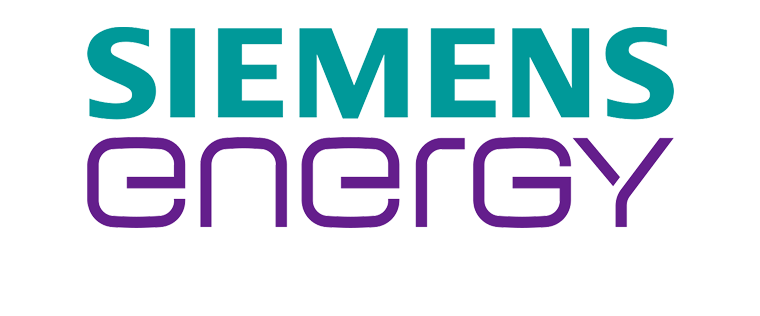Understand Your Rights. Solve Your Legal Problems


Siemens Energy guilty of wire fraud against GE and Mitsubishi.
Dominion Energy, Inc. stated in court documents that they sought to build a “Peaker” combustion turbine power plant in the greater Richmond metropolitan area. Peaker power plants are specifically designed to add electricity generation capacity to alleviate high grid load and improve electric grid resiliency. The estimated cost for the electricity infrastructure project was to exceed $500 million and therefore Dominion opened a competitive, closed bid. General Electric Company (GE), Mitsubishi Heavy Industries, Ltd. and Siemens executed non-disclosure agreements, restricting the sharing of confidential information given to Dominion during the bidding process.
In May 2019, after GE and MHI submitted their closed bids to Dominion, Siemens Account Manager Michael P. Hillen collaborated with a Dominion insider, Theodore S. Fasca, manager of Generation System Planning, who used his sensitive position to access confidential information from GE and MHI. Mr. Hillen and Fasca funneled its competitors' information through private email accounts, including Hillen’s wife’s Hotmail email address, before sending it to Hillen’s email address. The confidential information was then shared to Siemens Account Manager Mehran Sharifi, who reviewed the confidential bid details with other employees. After Mehran Sharifi realized that Siemens' bid was not as competitive, he suggested to Siemens Executive Vice President and Head of Sales for North America, John Gibson, that they should submit a revised, lower bid to beat GE's price.
Jessica D. Aber, U.S. Attorney for the Eastern District of Virginia stated: "Corporate accountability remains a top priority for the Department of Justice. The actions of these defendants undermined the integrity of the competitive marketplace, harming both competitors and consumers. The Department has established whistleblower programs to encourage corporations and individuals to come forward with timely information regarding misconduct and criminal behaviour. Failing to do so invites prosecution and serious consequences."
Stanley M. Meador, Special Agent of FBI stated: "The FBI will work to hold those accountable who steal confidential information to obtain a competitive advantage, whether they be agents, employees, executives, or corporations themselves. We will rigorously investigate those who criminally conspire to defraud companies for their personal gain.”
John Gibson strategically disseminated the confidential information to other Siemens senior executives and representatives of Siemens’ then-parent company in Germany. Siemens won the bid with Dominion and and repeatedly misused confidential information from GE and MHI on several occasions during June 2019.
Siemens Energy Inc. is scheduled to be sentenced on Dec. 5. The company’s plea comes after Gibson, Hillen, Fasca, and Sharifi for their involvement in the criminal activities.
John Gibson, who served as Siemens' executive vice president of power generation before retiring in 2020, pleaded guilty to conspiracy to convert trade secrets, and was sentenced to three years and seven months in prison. Siemens Account Manager Michael P. Hillen and manager of Generation System Planning Theodore S. Fasca, each pled guilty to conspiracy to commit wire fraud and were sentenced to three years and one month in prison. Siemens Account Manager Mehran Sharifi pled guilty to conspiracy to convert trade secrets and is scheduled to be sentenced on Oct. 11. He faces a maximum penalty of 10 years in prison.
A federal district court judge will decide on the sentence by considering the U.S. Sentencing Guidelines along with other legal factors.
Wire fraud is a type of financial fraud that involves the use of telecommunications or internet-based communication to carry out a scheme designed to defraud someone of money or property.


